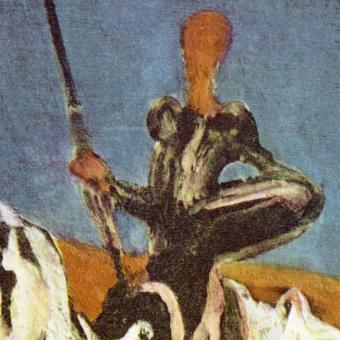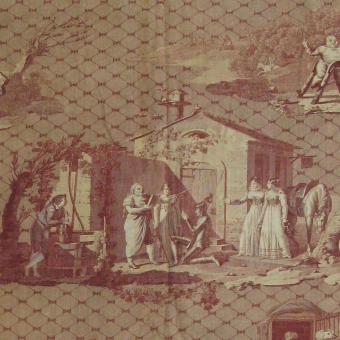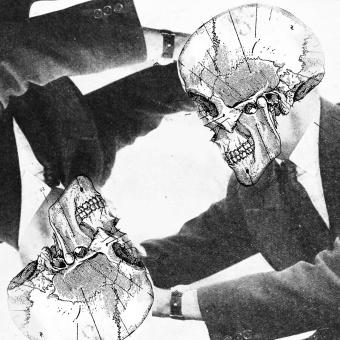
Thomas Pavel examines the question of authorship for two plays, one from the 17th and the other from the 18th century, which directly relate to Cervantes' Don Quixote. Pavel's examination offers reflections on the connections between novellas and plays, as well as the possibilities of authors from the same historical period to demonstrate divergent ideas on shared subjects. This chapter has been slightly revised from its original publication by the author.







